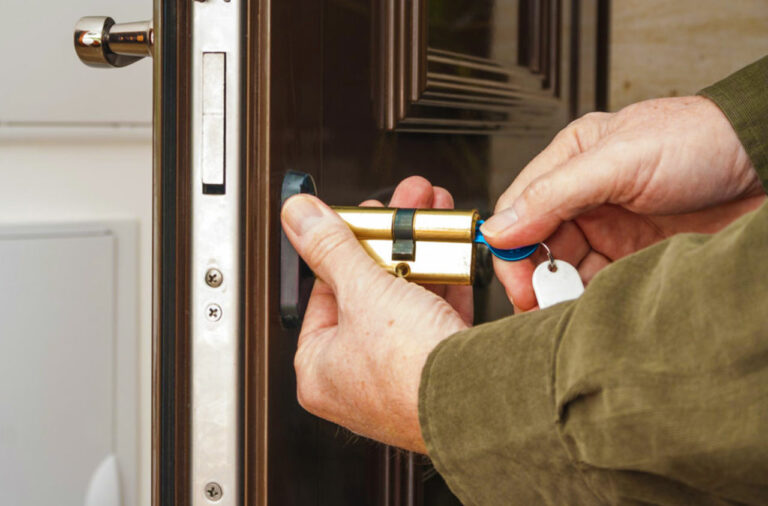In today’s fast-paced work environment, coworking spaces have emerged as a popular choice for professionals seeking flexibility and community. However, with the increasing use of shared spaces comes the risk of emergency lockout scenarios, which can be disruptive and stressful. It is crucial to address these lockout situations effectively to ensure minimal disruption to your work.
Whether you’re a freelancer, a startup owner, or a remote employee, being prepared for such emergencies in coworking environments is essential. In this article, we will delve into what makes a lockout an emergency, how to prevent such scenarios, and practical steps to handle these situations when they arise.

What Constitutes an Emergency Lockout Scenario?
Understanding what defines an emergency lockout scenario is vital for managing expectations and responses. Such situations often involve being locked out of shared workspaces or private offices, potentially resulting in missed deadlines, disrupted meetings, or loss of productivity. Therefore, recognizing these situations and taking preventive measures can be incredibly beneficial.
Common Reasons for Lockout Scenarios in Coworking Spaces
1. Forgotten Access Cards or Keys
One of the most common reasons for being locked out is forgetting your access card or key at home. Usually, these items are necessary for entry into coworking environments.
2. Malfunctioning Security Systems
At times, electronic security systems can malfunction, leaving you stranded outside your workspace. Issues might arise from power outages or system glitches.
3. Administrative Mistakes
Occasionally, administrative errors can lead to access issues, such as invalidating a member’s access credentials accidentally.
Preventive Measures to Avoid Lockouts
1. Use Electronic Locks
Implementing electronic locks reduces the reliance on traditional keys, which are easier to forget or lose.
2. Implement Office Lockout Drills
Regular lockout drills can prepare coworkers and staff for unexpected situations.
3. Build Good Habits
Encouraging good habits, such as double-checking for keys and cards before leaving home, can prevent many lockouts.
Steps to Handle Emergency Lockout Situations
1. Stay Calm
It’s essential to remain calm and composed. Stress can hinder your problem-solving abilities.
2. Contact Coworking Management
Informing management as soon as possible allows them to assist quickly. They might have spare access cards or keys and can guide the proper protocol.
3. Use On-Demand Locksmith Services
Many locksmiths, like this service, provide rapid response teams that specialize in commercial lockouts.
The Role of Technology
Technological advancements are shaping how coworking spaces manage security and access control. For example, electronic locks and smart access solutions allow seamless entry and exit, reducing the chances of being locked out.
Importance of Preparedness and Resilience
Being prepared for unexpected lockouts fosters resilience. Training and familiarity with lockout protocols empower individuals to handle these situations effectively.
1. Importance of a Security Protocol
Establishing a reliable security protocol ensures systematic handling of lockouts, which is crucial for maintaining the flow of work.
2. Role of Backup Plans
Backup plans act as contingencies, ensuring that work can continue smoothly even during unforeseen lockouts.
How Management Can Minimize Lockouts
Building managers and coworking space owners have an instrumental role in minimizing lockouts. Training initiatives and managing roles are significant in ensuring a smooth workspace operation.
Conclusion
Effective management of emergency lockout scenarios in coworking spaces relies on preparation, technology, and clear communication strategies. By integrating these approaches, employees and workspace managers can create a secure environment conducive to productivity.

FAQs
1. How can electronic locks reduce lockouts?
Electronic locks reduce the dependency on physical keys and allow smoother access control.
2. What should I do if I’m locked out of my coworking space?
Contact the management immediately and consider reaching out to a professional locksmith for assistance.
3. How often should we conduct lockout drills?
Conducting bi-annual lockout drills can prepare the members effectively for emergencies.
This article contains affiliate links. We may earn a commission at no extra cost to you.





